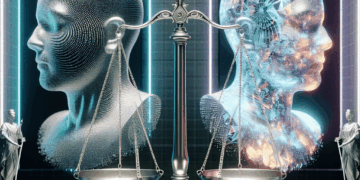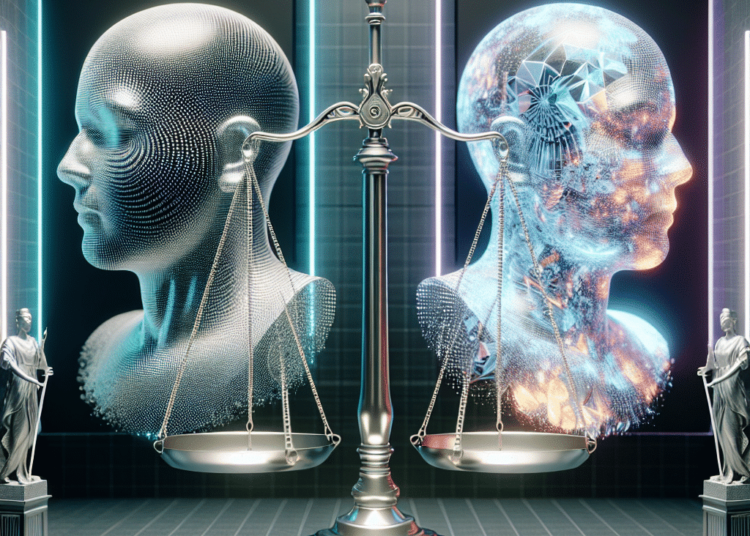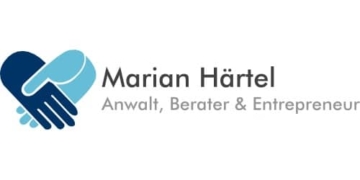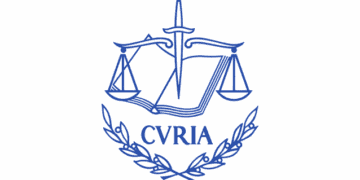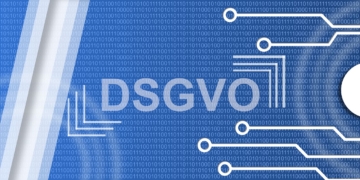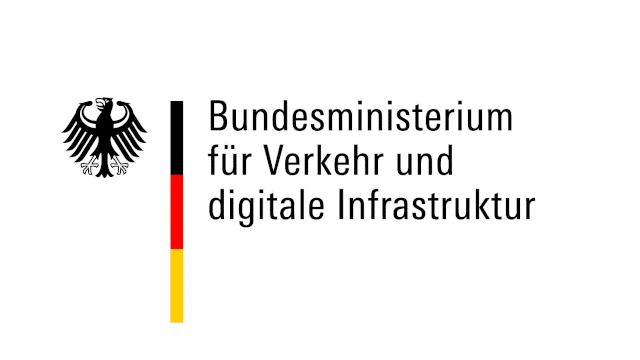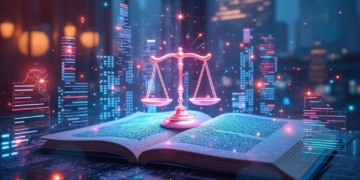Digital twin technology is revolutionizing numerous industries, from product development and asset management to urban planning. These virtual replications of physical objects or systems offer enormous potential, but also raise complex legal issues, particularly in the areas of data ownership and liability. As a lawyer with many years of experience as an entrepreneur in the tech sector, I understand the complexity of this innovative technology and can help you develop legally compliant strategies for your digital twin projects.
Key aspects of the legal challenges of digital twins
1. data ownership and rights of use
The issue of data ownership is of central importance for digital twins:
– Clarification of the ownership of the data forming the digital twin
– Development of agreements on data usage between different stakeholders
– Design of license models for the use of digital twin data
My expertise helps you to develop clear and fair regulations on data ownership and data use.
2. data protection and data security
Digital twins often process sensitive data:
– Implementation of data protection by design in digital twin architectures
– Development of concepts for the secure storage and transmission of digital twin data
– Design of processes for the anonymization and pseudonymization of personal data
As an experienced IT contractor, I can help you to develop data protection-compliant solutions that take advantage of the benefits of digital twins while meeting GDPR requirements.
3. liability issues for decisions based on digital twins
The use of digital twins for decision-making processes raises liability issues:
– Development of liability models for damages caused by incorrect digital twin forecasts
– Design of processes for documenting decisions based on digital twins
– Implementation of quality assurance measures for digital twin models10
I support you in developing clear liability regulations and minimizing potential risks.
4. intellectual property and protection of innovations
Digital twins can represent valuable intellectual property:
– developing strategies to protect digital twin technologies and models
– drafting agreements to protect trade secrets in collaborative environments
– advice on patenting opportunities for digital twin innovations
My experience helps you to effectively protect and monetize your innovations in the field of digital twins.
Special challenges and solutions
1. interoperability and standardization
The integration of different digital twins requires standards:
– Participation in the development of industry standards for digital twins
– Implementation of open interfaces while safeguarding security and IP interests
– Development of strategies to ensure interoperability between different digital twin platforms
I support you in developing strategies that promote standardization and at the same time protect your competitive advantages.
2. cross-border aspects
Digital Twins are often used in international contexts:
– consideration of different legal frameworks in different countries
– development of strategies for legally compliant international data transfer
– drafting of contracts that are enforceable in different jurisdictions
My international experience helps you to develop global strategies for your digital twin projects.
3. ethical aspects and responsibility
The use of Digital Twins raises ethical questions:
– Development of guidelines for the ethical use of Digital Twins
– Consideration of sustainability aspects in the use of Digital Twins
– Design of processes to ensure transparency and fairness
My holistic approach helps you to integrate ethical aspects into your digital twin strategy.
4. integration with AI and machine learning
The combination of digital twins with AI opens up new opportunities and challenges:
– development of accountability rules for AI-controlled digital twins
– design of processes for the explainability and traceability of AI decisions in digital twins
– consideration of bias problems in the development of AI-based digital twins
I help you to develop legally compliant and ethically acceptable solutions for the integration of AI in digital twins.
Practical tips for companies
1. data mapping: Create a detailed mapping of all data flows and sources of your Digital Twins.
2. contract design: Develop clear and comprehensive contracts for the use and exchange of digital twin data.
3. compliance training: Conduct regular training on legal and ethical aspects of Digital Twins.
4. risk management: Implement a comprehensive risk management system for your Digital Twin projects.
5. stakeholder communication: Maintain an open dialog with all stakeholders about the use and implications of Digital Twins.
As a lawyer with extensive experience as a tech entrepreneur, I offer you a unique perspective on the legal challenges of digital twins. I understand not only the legal intricacies, but also the technological opportunities and business implications of this innovative technology.
My goal is to develop legal solutions that protect your company in the area of digital twins, promote innovation and strengthen your competitive position. By combining my legal expertise with practical business experience, I can help you to use digital twins as a strategic advantage for your company without taking legal risks.
Let’s work together to develop strategies that optimally position your company for the future of digital twins. My holistic approach ensures that we consider and harmonize all aspects – from legal requirements and technical innovations to ethical considerations.
